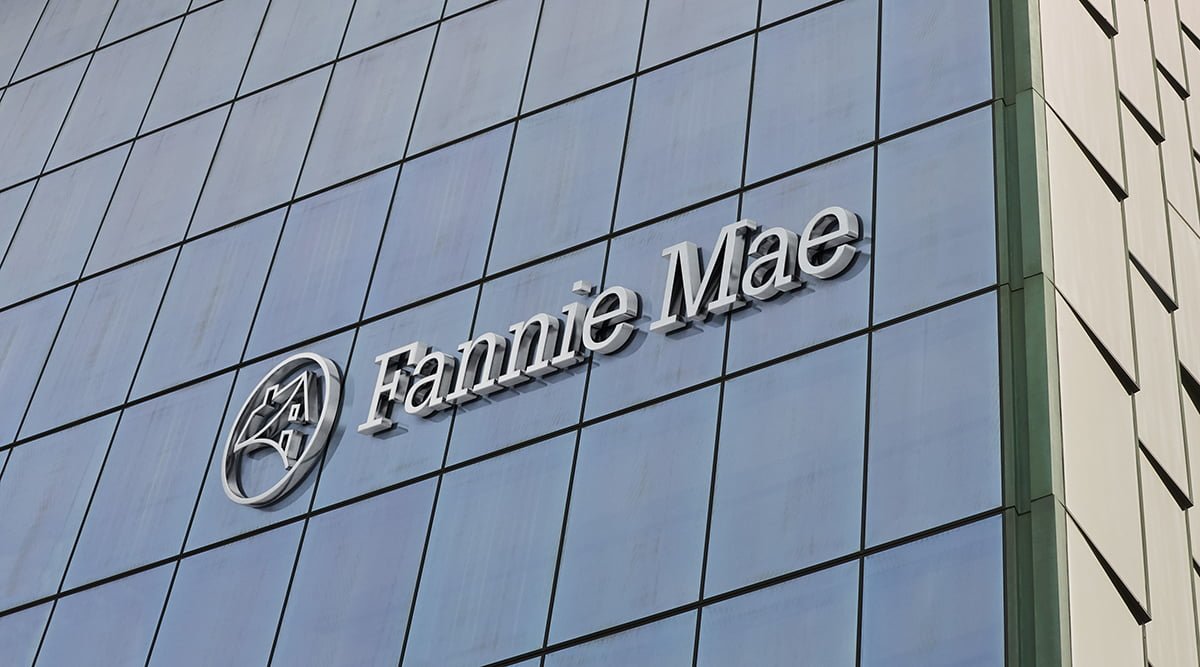The net worth sweep continues to be a topic of major debate for Fannie Mae and Freddie Mac shareholders. On one hand, there are plenty of reports that the net worth sweep is over, but on the other, the government-sponsored enterprises’ financial reports seem to say something different. Bank analyst Dick Bove of Odeon Capital describes Fannie’s and Freddie’s latest reporting as “an accounting irregularity bordering on fraud.”
He argues that the government wants total control over the recapitalization and release of the GSEs and over their operations “for now and the future.” He also said that the courts will be the ones to provide “meaningful gains” for shareholders in the fight against the net worth sweep.
Q3 2019 hedge fund letters, conferences and more
Bove also believes that some assumptions many shareholders are making are just wrong. For example, he doesn't expect that the government will ever concede that the senior preferred shares and their dividends have been paid. He noted that during the Senate hearings, it became clear that the Treasury secretary believes the U.S. government is a creditor of Fannie Mae and Freddie Mac even though there is no outstanding debt. In Bove's view, it looks like Secretary Steven Mnuchin sees the senior preferred shares owned by the government as debt rather than preferred equity.
He also believes the government will "take a hefty fee for providing any guarantees to Fannie Mae and Freddie Mac."
Contradictions in Fannie's and Freddie's filings
The Fifth Circuit Court ruled that the net worth sweep was unconstitutional, but the Treasury Department has asked the Supreme Court to review that decision. While it's true that the GSEs are being allowed to retain more capital, Bove spoke out again against what he has previously termed as "accounting chicanery." He called attention to several statements in Fannie Mae's and Freddie Mac's earnings reports and regulatory filings.
On the income statement in Fannie's 10Q filing for the third quarter, the GSE states "Dividends distributed or amounts attributable to senior preferred stock - $3,977 {million}. Net income (loss) attributable to common stockholders ($14 {Million}). On the second page of the same filing, it states "… no dividends were payable on the senior preferred stock for the third quarter of 2019 … no dividends will be payable for the fourth quarter of 2019."
He noted a similar contradiction in Freddie Mack's 10Q filing for the third quarter. It stated: "Undistributed net worth sweep, senior preferred stock dividends, or future increase in senior preferred stock liquidation preference - $1,848 {million}. Net income (loss) attributable to common stockholders ($139 {million}). On the second page of the same filing, it states " We were not required to pay a dividend on the senior preferred stock to the Treasury on September 30, 2019 … and we will not have a dividend requirement to the Treasury in December 2019 …"
"The reason that this approach is being taken is simple," Bove wrote. "By refusing to acknowledge that a dividend has been paid the two companies do not have to lower their retained earnings to reflect the fact that they both lost money in the quarter. Instead they raised their retained earnings by the amounts of the dividends that they show were paid but claim were not paid."
Bove also wondered why the Securities and Exchange Commission is not questioning something else in the filings. Both GSEs list two different sets of senior preferred stock. Fannie has $120.6 billion in senior preferred stock and $6.4 billion in senior preferred stock with a liquidation preference. Freddie has $72.6 billion in senior preferred stock and $4.8 billion in senior preferred with a liquidation preference. Bove states that these two groups should be the same, so it's unclear why they are listed separately.
Senior Preferred Stock Are Quasi-bonds
The bank analyst still recommends holding preferred shares of Fannie and Freddie but continues to rate their common shares as a Sell.
"Once all of the sound and fury related to legal and governmental issues are over the primary factor that will drive their stock prices will be interest rate shifts," Bove clarified. "These are equities that are really quasi-bonds. At this moment, however, investors in these stocks are buying into a lawsuit and/or the potential actions of a governmental bureaucracy."
This article first appeared on ValueWalk Premium





